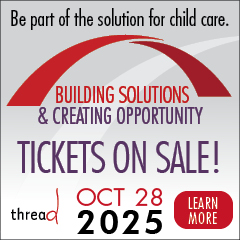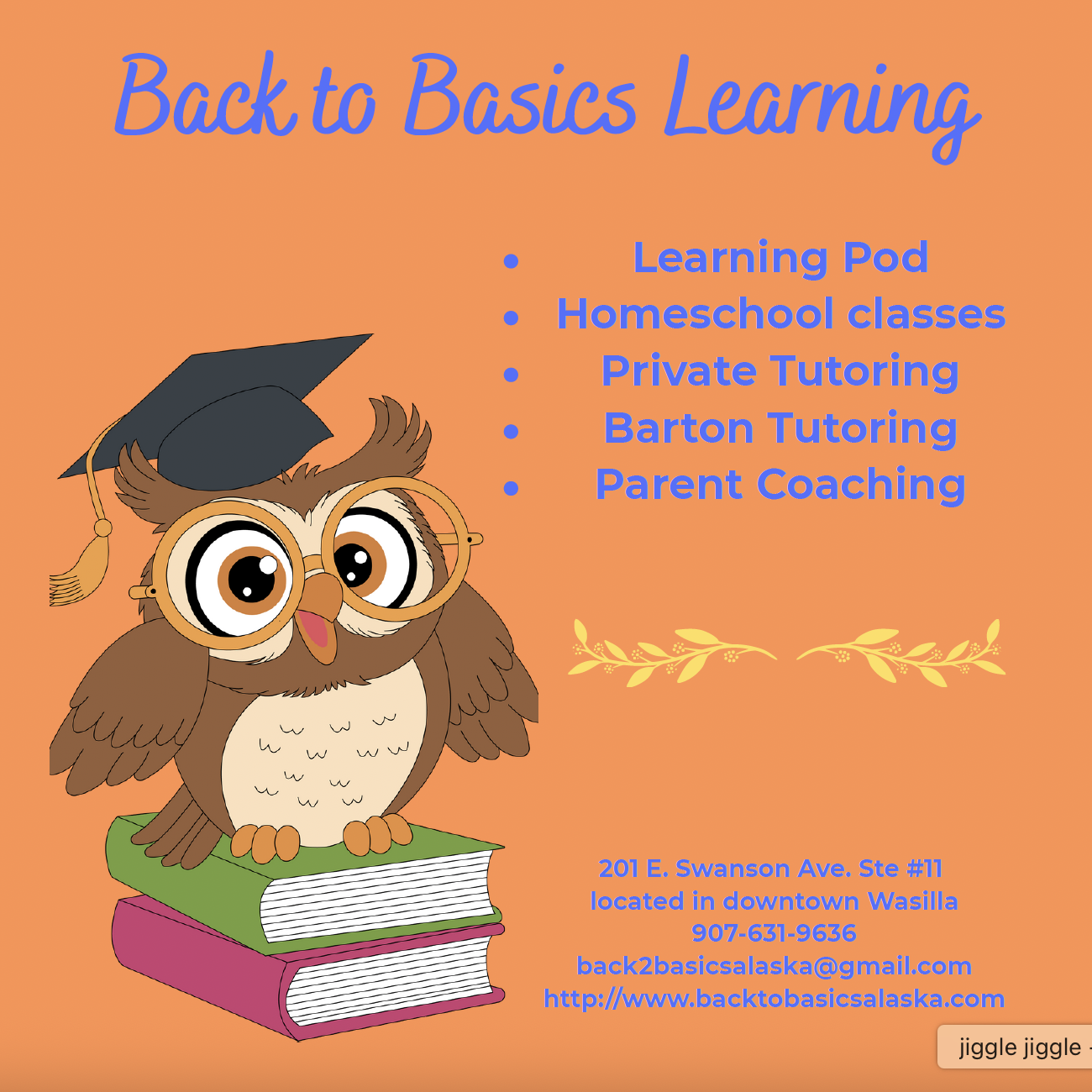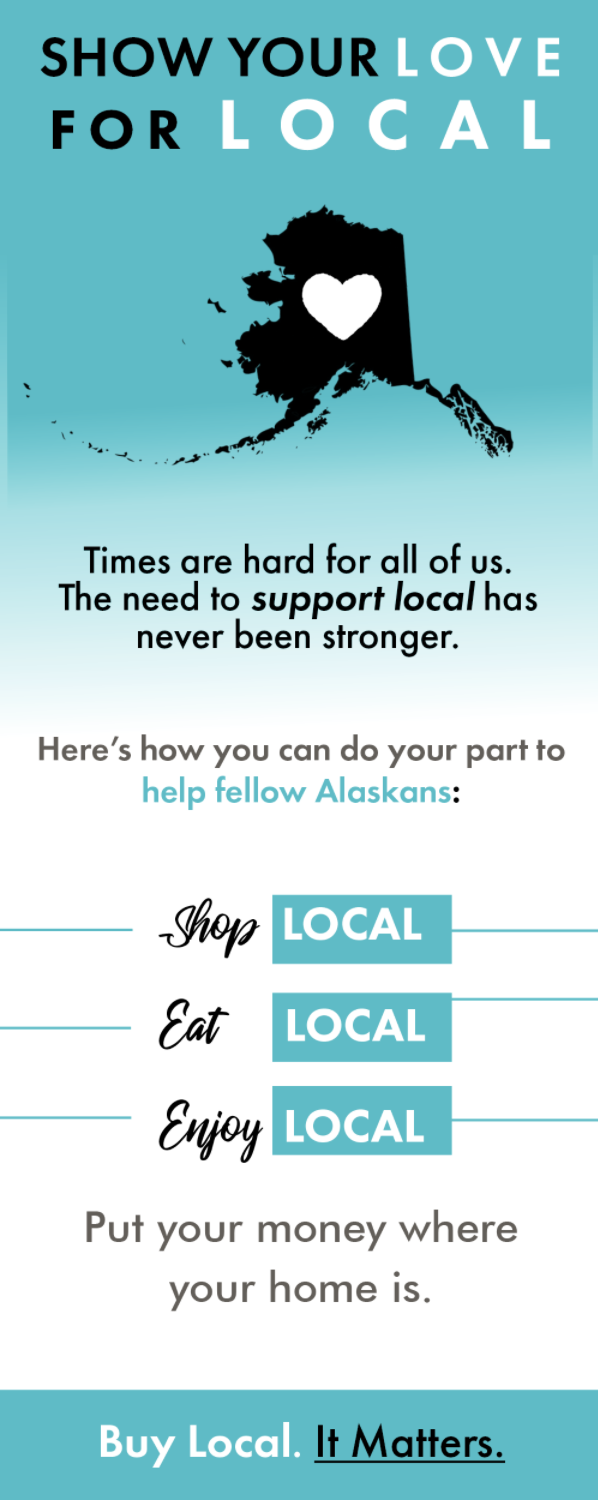Happy, healthy hygiene: Helping kids clean up
By Malia Jacobson
When prospective parents dream of their future offspring, they usually picture children who are freshly bathed, perfectly coiffed, and sporting clean, color-coordinated clothing. Sadly, this vista is as fleeting as the “new baby” scent. Real kids are messy, dirt-loving, and generally unconcerned with cleanliness. But parents can teach kids to clean up, and should: Basic hygiene skills are essential building blocks of healthy living and can even support academic success, according to studies linking hand-washing to better school attendance. In today’s germ-conscious world, basic hygiene is even more vital. Read on for age-specific ways to help kids learn to love cleaning up.
TODDLER/PRESCHOOL YEARS 2-5
Clean scene. Toddlerhood is the time to start teaching healthy habits, says pediatrician Danelle Fisher, M.D. Kids can start learning to manage hygiene basics like hand-washing and tooth-brushing as early as age 2, she says, but parents should remember that mastering these skills can take years. Bottom line: don’t expect immediate success. Keep hygiene fun by giving toddlers and preschoolers the independence they crave: Let kids pick out their own hand soap and toothpaste, provide a step stool at the sink, and allow your child to at least attempt the task before swooping in to finish it yourself. Remember to allow enough time for these tasks, too; young children can easily take several minutes to complete a task an adult could accomplish in seconds. Adults take these activities for granted, so it’s easy to rush kids through them. Instead, use a “toothbrushing song” or small timer to gauge how long kids should brush and give simple explanations (“Soap helps wash germs down the drain!”) to foster learning and cooperation.
ELEMENTARY YEARS 6-12
Sick daze. Cold and flu bugs are common when kids start school, but too many sick days hurt school performance. According to multiple studies, good hygiene (in particular, proper hand-washing) can help minimize sick days that hurt school success, but kids aren’t always cooperative when it comes to cleanliness, says certified parent coach Amy Werner. “It’s not unusual for school-aged children to go through a phase where their personal hygiene is just not important,” she says. “They may skip baths, lie about having bathed, or speed though the routines.” Parents should set clear guidelines and expectations for hygiene, treating it just like chores, homework, or any other responsibility. Post a “hygiene checklist” to serve as a visual cue until good hygiene becomes a habit. If kids insist on skipping the sink, hand sanitizer may be an acceptable compromise when used properly: Choose an alcohol-based product and let it dry for at least 30 seconds each time.
TEEN YEARS 13-18
Sweet smell of success. Tweens and teens are responsible for their own personal hygiene, but sometimes clash with parents over standards; you may have a more stringent definition of “clean” than your teen. Here’s an area where peer pressure can be positive, says pediatrician Danelle Fisher. “Teens are usually interested in what their peers do and how they act. Ask them to ask their friends about how often they bathe, wash hair, trim nails, and brush and floss.” Take your teen on a trip to the drugstore and relinquish the reins for a bit; teens love picking out their own self-care products and may be more inclined to use the ones they select. Parents shouldn’t shame or embarrass a hygiene-challenged teen, though. Gentle prodding – “Did you remember to use soap?”— can deliver a much-needed hint without sparking a hygiene feud. Books can provide needed guidance, too; check out Guy Book: An Owner’s Manual: Maintenance, Safety, and Operating Instructions for Boys by Mavis Jukes or The Care and Keeping of You in the American Girl series.










